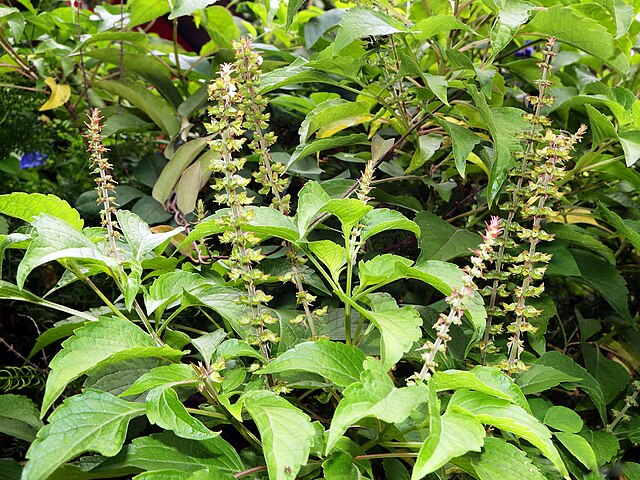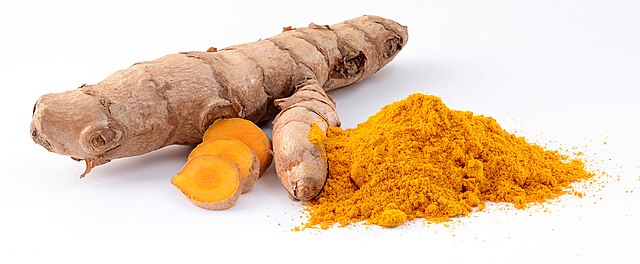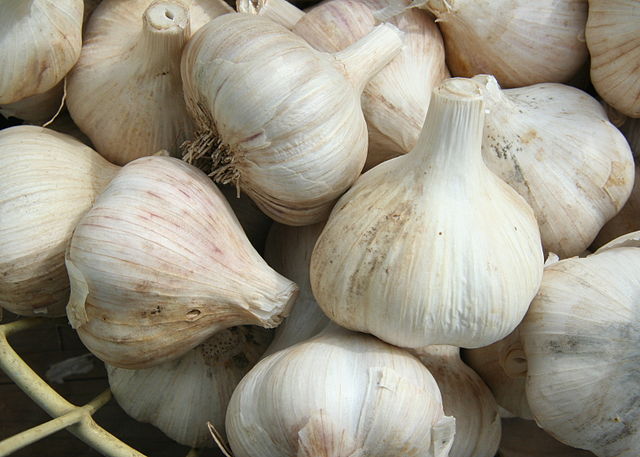Nigeria is rich in traditional herbal medicine, with many plants used for generations to treat various ailments. While not all herbal remedies have been scientifically validated, several have shown real medicinal value in modern research. Here are five Nigerian herbal remedies that are backed by science:
1. Bitter Leaf (Vernonia amygdalina)

Traditional Use: Commonly used for treating malaria, diabetes, and digestive issues.
Scientific Backing:
Studies have shown that bitter leaf contains antioxidants, antimicrobial, and anti-inflammatory compounds. It also has hypoglycemic effects, making it potentially useful in managing type 2 diabetes and improving liver function.
Common Forms: Juiced, cooked as soup, or dried and brewed as tea.
2. Scent Leaf (Ocimum gratissimum)

Traditional Use: Used for treating coughs, diarrhea, and as a general immune booster.
Scientific Backing:
Research confirms its antibacterial, antifungal, and anti-inflammatory properties. It’s also shown promise in treating gastrointestinal infections and boosting immune function.
Common Forms: Used in soups (like pepper soup), teas, or extracts.
3. Neem (Azadirachta indica)

Traditional Use: Widely used for skin infections, malaria, and as a natural insect repellent.
Scientific Backing:
Neem has been proven to possess antimalarial, antibacterial, antifungal, and antiviral properties. Some studies also suggest its potential in blood sugar control and wound healing.
Common Forms: Leaves, oil, or bark extracts.
4. Turmeric (Curcuma longa)

Traditional Use: Though originally from Asia, turmeric is widely used in Nigerian herbal medicine for treating inflammation and infections.
Scientific Backing:
The active compound, curcumin, has been extensively studied and is known for its anti-inflammatory, antioxidant, and anticancer properties. It’s especially useful for joint pain and digestive issues.
Common Forms: Powder in food or mixed with honey or warm water.
5. Garlic (Allium sativum)

Traditional Use: Used to treat colds, infections, and high blood pressure.
Scientific Backing:
Garlic has been scientifically proven to reduce blood pressure, cholesterol, and improve immune function. It also has natural antimicrobial effects and may help in preventing cardiovascular disease.
Common Forms: Eaten raw, crushed, or added to food and herbal mixtures.
Final Thoughts
These herbs highlight how traditional knowledge and modern science can work together. While these remedies offer real benefits, they should be used wisely—preferably under the guidance of a healthcare professional, especially when combined with other medications.
Herbal medicine has a strong place in Nigeria’s health landscape, and science is helping to validate and refine its role in modern healthcare.